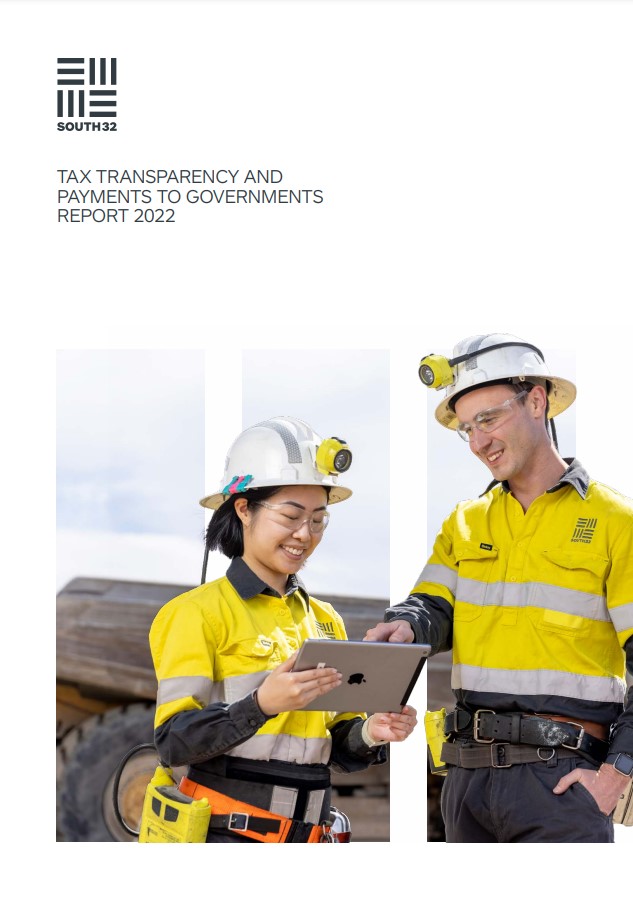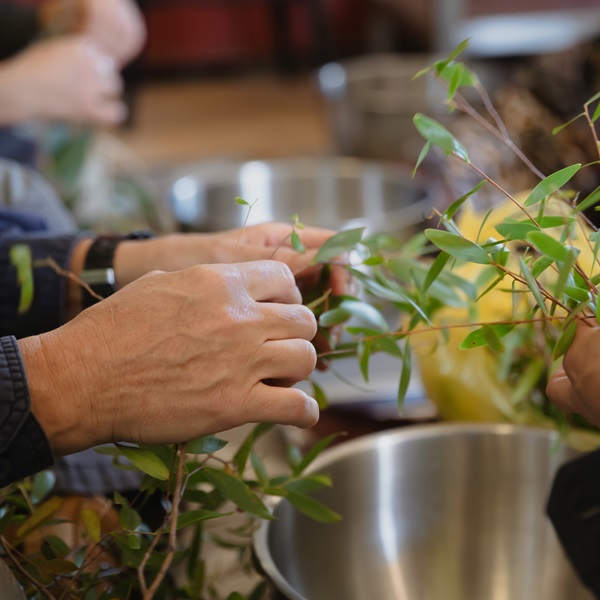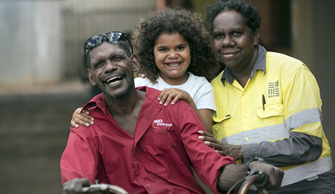Acknowledgement

Acknowledgement
We understand that cultural heritage is the legacy passed down from previous generations to the present. It can be tangible (such as artefacts, natural landscapes, buildings) and intangible (such as language, stories, connectedness, rituals, beliefs, cultural landscapes and customs, traditional knowledge), often continued in living cultures to be passed to future generations. Cultural heritage can be fundamental to collective and self-identity, and its safeguarding is founded in human rights.
We acknowledge and pay our respects to the Indigenous, Traditional and Tribal Peoples of the lands, waters and territories on which South32 is located and where we conduct our business around the world.
We respect and acknowledge the unique cultural and spiritual relationships that Indigenous, Traditional and Tribal Peoples have to the lands, waters and territories, and we respect their right to enjoy and maintain their traditional knowledge, distinctive spiritual practices and traditional ways of life.
We recognise the interdependence of tangible cultural and natural heritage with intangible cultural heritage. We acknowledge cultural landscapes and understand the important relationships between people and the natural environment.
We respect and utilise regional terms and, where possible, recognise and use the specific names as identified by a group, supporting self-identification.
Image: Veins of our Lands by Beverley Cummins (Queensland, Australia).




